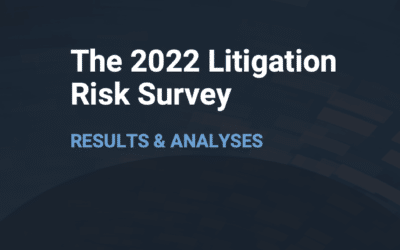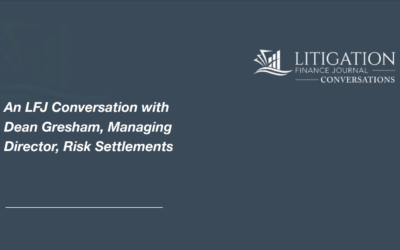When assessing financial risk arising out of a class action settlement, companies need to consider whether a proposed settlement is likely to go viral. The four factors below should help guide the analysis:
- Brand Awareness: Well-known, well-recognized consumer brands tend to have statistically higher take rates. Starkist, Redbull and Naked Juice class actions are all examples of leading brands that had settlements go viral. And that’s not a surprise considering these three companies spend millions building brand awareness. Indeed, digital ads about settlements involving well-known companies garner more attention. This trend plays out repeatedly in class action settlements.
- Free Media: When news media reports on a settlement it can amplify the settlement’s chances of going viral. For example, in the Naked Juice settlement, ABC NEWS reported that “Naked Juice fans who bought bottles of the beverage in the last six years could get up to $75 in payments from a $9 million class action settlement fund after plaintiffs questioned the company’s claims of ‘100 percent juice,’ ‘all natural’ and other labeling.” After ABC NEWS ran its story, Huffington Post and others ran similar articles informing members of the public that they were eligible for up to $75. As a result, 1.4 million people visited the settlement website and 634,278 people filed claims, seeking $31,713,900 in payments. The media also spent time reporting on the Starkist and Red Bull settlements and each received more than 2.5 million claims.
The question is why will the media pay attention to one settlement and not to others? Some factors include: 1) press releases from the parties attracting attention; 2) news stories from promotion sites like Top Class Actions; 3) notoriety of the settlement e.g., Facebook BIPA Settlement was the largest of its kind); 4) notable parties (e.g., Equifax, which suffered the largest data breach in history); 5) large benefit (e.g. the $75 benefit for a $4 product in Naked Juice); and 6) participation by governmental entities (e.g., DOJ, FCC, FTC).
- Promoter Sites: Many websites and social media groups exist for two key purposes: (1) notifying the public of available class action settlement payouts; and (2) providing a quick and easy portal for filing claims. The impact of these sites is undeniable. The claims promoters ran stories and provided direct links on the Naked Juice, Starkist and Red Bull settlements. In some settlements, the promotion sites account for more than 90% of all submitted claims. When free media, a well-known brand, and active engagement from the promotion sites are combined, the results can be catastrophic.
- Closed Ecosystem: Some class actions involve a closed ecosystem where class members communicate through social media and encourage each other to participate. This occurred in Electricity Maine , a case pertaining to variable rate electricity costs. A local Maine news station ran the story about the pending settlement, which led to a spattering of Facebook groups in which filing claims was encouraged. Accordingly, the participation rate in Electricity Maine was multiples higher than substantially similar settlements.
Know What You Are Getting
As part of the settlement analysis, companies should:
- assess the likelihood that the case will go viral;
- perform a quantitative analysis on brand awareness;
- consider what factors will garner free media attention;
- evaluate the likelihood that the promotion sites will be active on the settlement;
- determine if there is likely to be a closed ecosystem that will affect the outcome.
The answers to these questions will help guide the assessment of whether the proposed settlement might go viral.
Are you looking to resolve a class action on a claims-made basis? If so, contact us to learn how we can help you to mitigate, cap, and transfer the financial risk of settlements in existing class action litigation.







